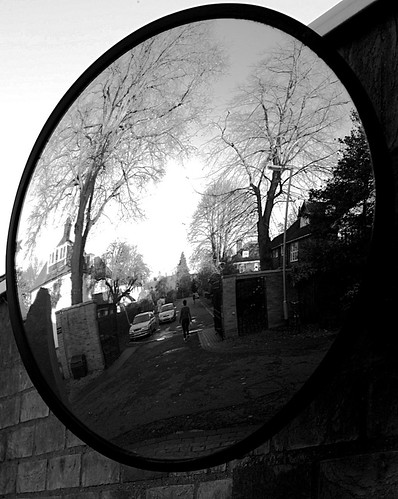The Observer asked me to write the introduction to a feature about digital cameras. This is how it begins…
The strange thing about photography is that although it’s been revolutionised by digital technology, at heart it’s the same medium that entranced Louis Daguerre, Eugène Atget and André Kertész, to name just three of its early masters. And although it’s become much easier to take photographs that are technically flawless (in terms of exposure and focus), it’s just as difficult to capture aesthetically satisfying images as it was in the age of film and chemicals. It turns out that technology is a necessary, but not a sufficient, condition for creating art.
Still, the technology is pretty impressive…
In the piece I pointed out that the iPhone is now the most popular camera among Flickr users (which highlights how distinctions between hitherto different types of device (phone/camera; MP3 player/phone; etc.) are becoming blurred. This morning I noticed that the Guardian had an interesting feature in which a professional photographer compared the images produced by an iPhone 4S and his top-of-the-range Canon DSLR. The phone turns in a very creditable performance.
A useful ArsTechnica piece comes to similar conclusions:
For snapshot purposes, the iPhone 4S is comparable to the 8MP Canon 20D when it comes to image quality. But that comparison is a little unfair—you can easily achieve better results with newer DSLRs in terms of exposure, noise, and megapixel count. What you can’t do with any DSLR, though, is (again) slip it into your pants pocket. Lenses that have as bright an aperture as the iPhone 4S’s f/2.4 will also either be limited to a single focal length or generally be much larger and heavier than the lightweight kit lenses that many users have.
Thanks to @4b5 on Twitter for the link.

